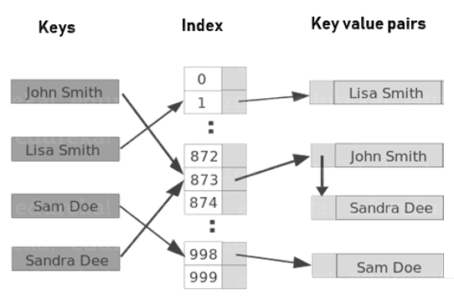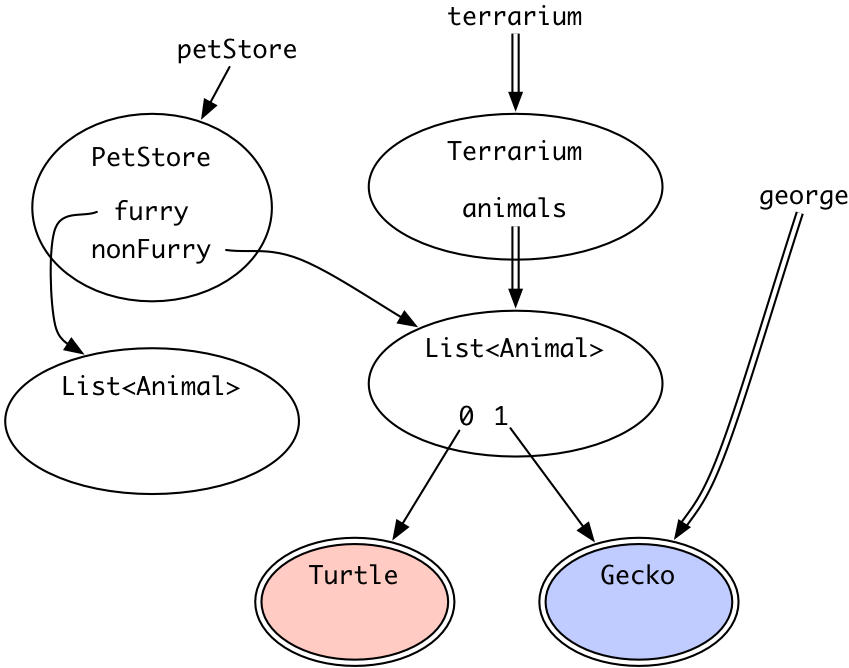Why Are Strings Immutable in Java? Enhancing Code Integrity
Why Are Strings Immutable in Java? Enhancing Code Integrity
Blog Article
What Is Unalterable Strings and Exactly How It Works
In the realm of programming, recognizing the concept of unalterable strings is critical for creating secure and durable applications. Immutable strings refer to strings that can not be altered after they are created, ensuring data integrity and predictability within the code.
The Essentials of Immutable Strings
Immutable strings, as an essential concept in programming, are personality series that can not be changed once they are produced. This implies that when a string is assigned a value, that worth can not be altered. In languages like Python and Java, strings are unalterable objects, resulting in different effects in regards to memory management and data integrity.
Among the vital benefits of unalterable strings is that they supply a complacency in data manipulation. Since the web content of an unalterable string can not be customized, it makes certain that the initial data stays undamaged, decreasing the danger of unintended changes throughout program execution (Why are strings immutable in Java?). This residential property likewise simplifies debugging procedures, as developers can trust that once a string is defined, its value will not be unintentionally altered
Moreover, immutable strings facilitate effective memory use. When a new string is created based on an existing one, as opposed to modifying the original string, the new value is stored individually. This technique enhances performance by reducing memory fragmentation and streamlining memory allotment procedures. Overall, understanding the basics of unalterable strings is crucial for understanding programming principles and enhancing code performance.
Benefits of Immutable Strings
Structure upon the safety and security and efficiency advantages of unalterable strings, their benefits encompass improving code dependability and simplifying concurrent shows tasks. By being immutable, strings can not be modified after creation, which gets rid of the danger of unintended adjustments in the data they keep. This fundamental immutability makes sure that once a string is produced, its value remains consistent throughout the program's implementation, decreasing the opportunities of bugs brought on by unanticipated changes.
In addition, unalterable strings add to code reliability by making it less complicated to reason concerning the state of a program. Considering that strings can not be altered, programmers can rely on that a string will certainly always hold the exact same worth, simplifying debugging and upkeep efforts. This predictability results in a lot more reliable and stable codebases.

Implementation in Shows Languages
Within various programming languages, the unification of unalterable strings is a basic facet that influences how data is handled and manipulated within code structures. The implementation of immutable strings differs across various programming languages, with each language providing its own systems to support this principle.

On the other hand, languages like C and C++ do not have integrated support for immutable strings. Programmers in these languages need to by hand implement immutability by implementing guidelines within their code to stop direct alterations to string objects.
Finest Practices for Collaborating With Immutable Strings
When managing unalterable strings in programming languages like Java and Python, sticking to finest practices makes sure efficient and safe and secure data manipulation. One of the vital finest techniques is to make use of StringBuilder or StringBuffer instead of directly controling strings, specifically when taking care of comprehensive concatenation procedures. These courses provide mutable options for string manipulation, aiding to stay clear of unneeded memory allotments and boosting performance.
Another ideal practice is to make use of string interpolation or formatting functions offered by the language instead of hand-operated concatenation. This not just boosts readability however likewise help in stopping typical mistakes such as unintentional string alterations. Additionally, when dealing with sensitive information such as passwords or API secrets, it is critical to stay clear of storing them as ordinary text in unalterable strings. Using secure storage space devices like char varieties or specialized collections for dealing with sensitive information assists reduce security threats connected with immutable strings.
Real-world Applications and Instances
Discovering functional applications of unalterable strings in numerous industries discloses their significant influence on information honesty and system dependability. In the health care sector, unalterable strings play a crucial role in making certain the protection and confidentiality of individual information. By preventing unapproved adjustments to sensitive information such as clinical records and prescriptions, immutable strings aid maintain conformity with rigorous personal privacy policies like HIPAA.
Banks additionally profit from the unalterable nature of strings to boost the protection of consumer information and deal records. Unalterable strings help prevent fraudulence and unapproved alterations to economic information, giving a robust protection against cyber dangers and making sure the depend on and self-confidence of customers.

Final Thought
Finest practices for functioning with unalterable strings consist of avoiding straight modifications and using techniques that return new string things. Real-world applications of immutable strings consist of data file encryption, caching, and string adjustment jobs.
Unalterable strings refer to strings that can not be altered after they are created, making certain information honesty and predictability within the code. When a new string is created based on an existing one, instead than modifying the original string, the brand-new worth is stored individually.In languages like Java and Python, strings are immutable by default, indicating that as soon as a string item is developed, its value can not be changed - Why are strings immutable in Java?. Best practices for working with immutable strings consist of staying clear of straight alterations and making use of approaches that return new string items. Real-world applications of immutable strings consist of information security, caching, and string control tasks
Report this page